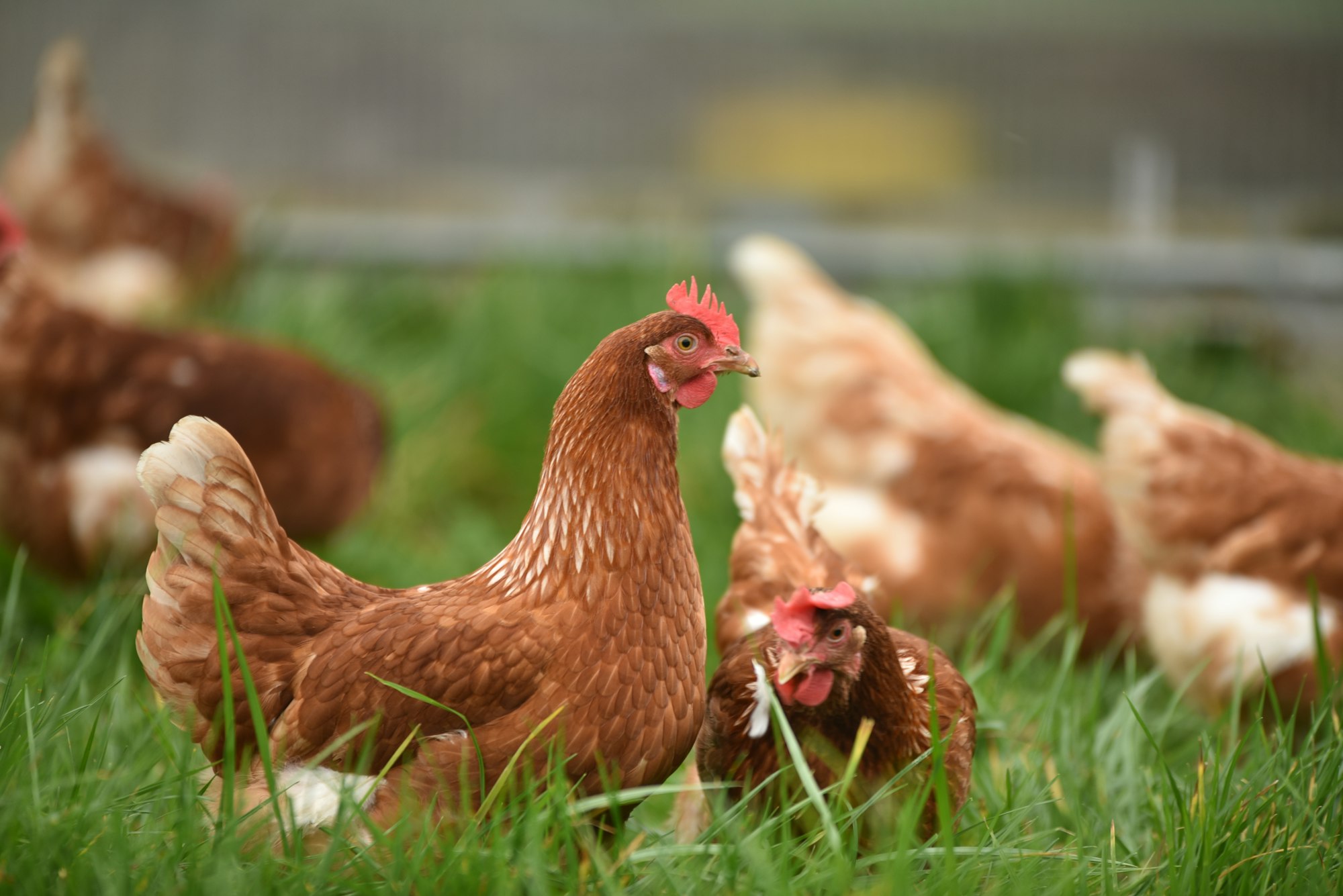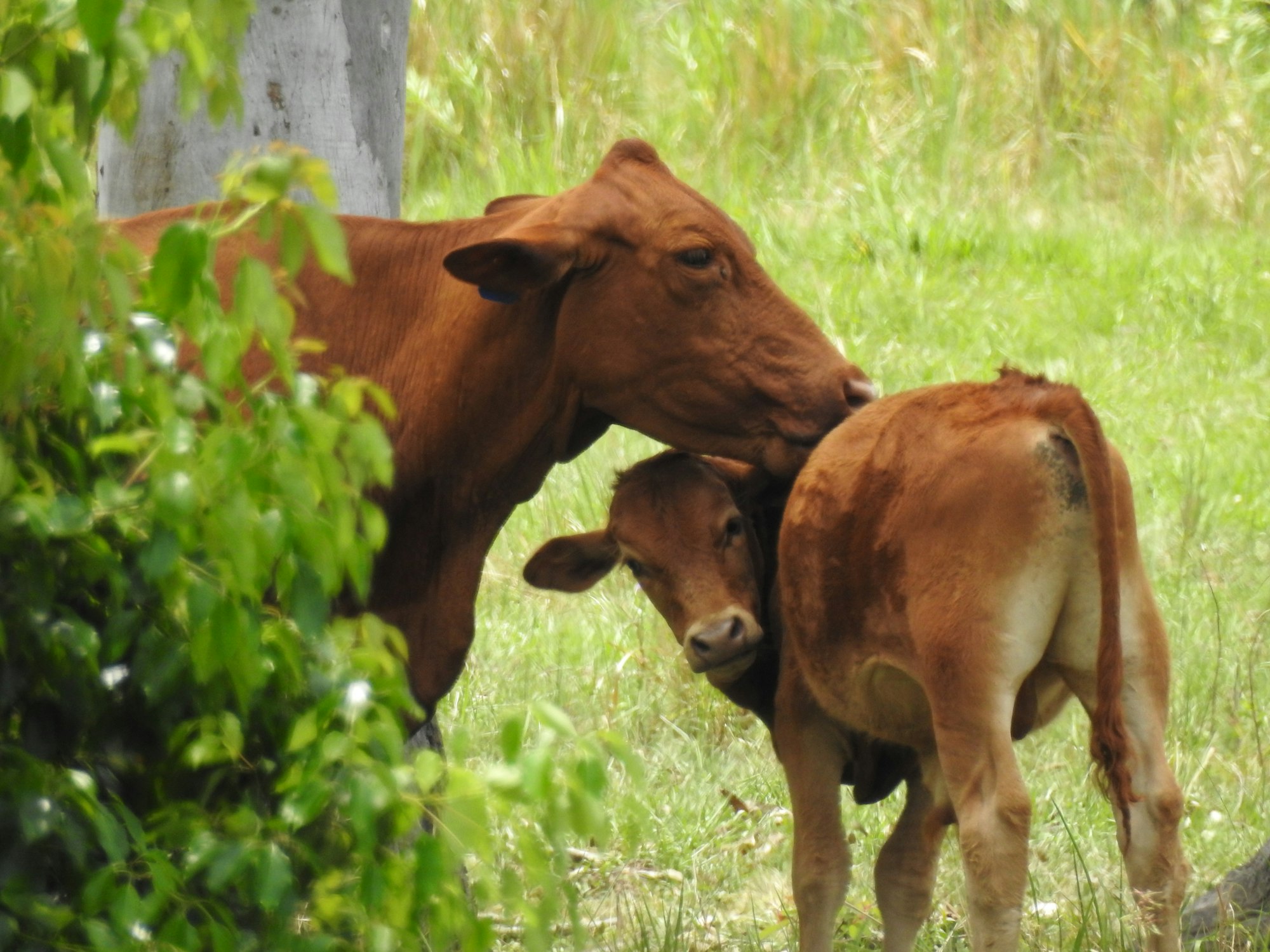I have been vegan for more than 5 years.
If this was a relationship with a person, I think it shows how much I am serious about this lifestyle.
While I have accidentally or may have unknowingly eaten non-vegan food, I’ve not actually turned my back on my values.
Thankfully, I’m in a position and location where I can sustain on a vegan diet.
And I believe that eating healthy plant-based wholefoods should be a basic right.
But that’s a discussion for another post.
Today I’m going to share with you 5 useful tips so that you can sustain on a vegan diet as well.
1. You need a strong reason
Some people go on a vegan diet to lose weight or just simply eat healthier.
That’s a good enough reason, don’t get me wrong. But it’s not sustainable in the long run unless health is what you prioritise above all else.
The idea of a vegan lifestyle is the non-exploitation of animals.
While the side benefits include better health and less carbon footprint, the main thing is the animals.
At first, I thought I was vegan for the environment.
But I learned that if you source meat “sustainably” i.e. from a local farm that lets the animals roam freely and live for longer than the industrialised animals, then probably your environmental impact may not be as severe.
However, this still doesn’t negate the fact that in general, meat has a higher carbon footprint compared to plant foods.
You could live “sustainably” just by eating less meat (as in maybe once in a few moons) and literal backyard eggs.
But that’s still not “ethical”.
I’ve come to admit to myself that I’m now primarily vegan for the animals whilst advocating the benefits of a plant-based diet in combating the climate crisis.
What has sustained me all these years is understanding and feeling for the plight of the industrialised animals.
So my personal reason is:
I love animals so I don’t exploit or eat them.
2. Eat enough
Committing to the vegan lifestyle means you’re not going to consume animal products.
This is why food has been the centre of vegan conversations.
When I started, I knew that I need to eat a lot more than I was used to. Plant foods are generally less dense in calories than meat.
So the first few months of my being vegan I made sure that I ate enough. I just piled on lots of veggies and carbs.
DON’T BE AFRAID OF CARBS.
You need them for energy and trust me, you’ll feel like you have more energy on a vegan diet than ever before.
The most common feeling that almost all if not all of the people I’ve talked to who have transitioned to veganism is an increase in energy.
They don’t feel sluggish anymore and even after lunch at work they don’t feel as tired as before.
For me right now, because I’ve been exercising a lot more, I need to eat way more than I used to and I also need to pump up on the protein.
You can feel the change in your body if you lack certain nutrition.
When in doubt, always seek help from a doctor or nutritionist.

3. Have supportive friends
Just like anything else when you venture into something new, you need as much support as you can get to keep your spirits up.
Going—and staying—vegan is the same.
Find vegan friends to encourage and motivate you on this journey.
If you can’t find any in the same geographical location, find online!
THE WORLD IS HUGE.
I found many vegan friends through Instagram and many of whom I’ve got to meet in real life after interacting online.
Don’t be afraid to reach out and ask for advice if you need it.
We vegans are more than willing to help you out.
4. Prioritise self-care
While being vegan is a thing that you do for whatever your personal reason is, you do need to be selfish sometimes.
It’s hard to be the only one in the family or friendship group who is a vegan.
It’s tough to navigate this non-vegan world where people don’t really care about the billions of animals killed every day.
While you may be super motivated the first few months or years of being vegan, like an iPhone battery, you need to recharge from time to time.
Otherwise, you’ll go kaputt!
So make sure to do whatever self-care routine that’s needed to be in the right state of mind and physical health be it journaling, yoga, meditation… heck even eating vegan junk food!
Remember to reach out for help if you need it.
When you prioritise self-care, you will have more energy to help others.
5. Give back
Once your battery’s fully charged, you can use your energy to help the community.
There are so many ways for you to advocate for veganism.
You can:
- volunteer at an animal sanctuary
- serve vegan food to those in need
- organize an outreach activity
- share your lifestyle on social media
- take your fam out for a vegan meal

I’m the type who overshares stuff so I’ve always been sharing about my vegan lifestyle on social media.
Sometimes I do get tired of it and just don’t want to always be publicly advocating for it.
But then I realised that the world needs at least half of the population to be vegan to:
(a) save the animals who are being needlessly tortured and
(b) solve the climate crisis
The key for me to keep my advocacy sustainable is to prioritise self-care and go into forests often as a reminder of a beautiful world where all creatures live in harmony.







